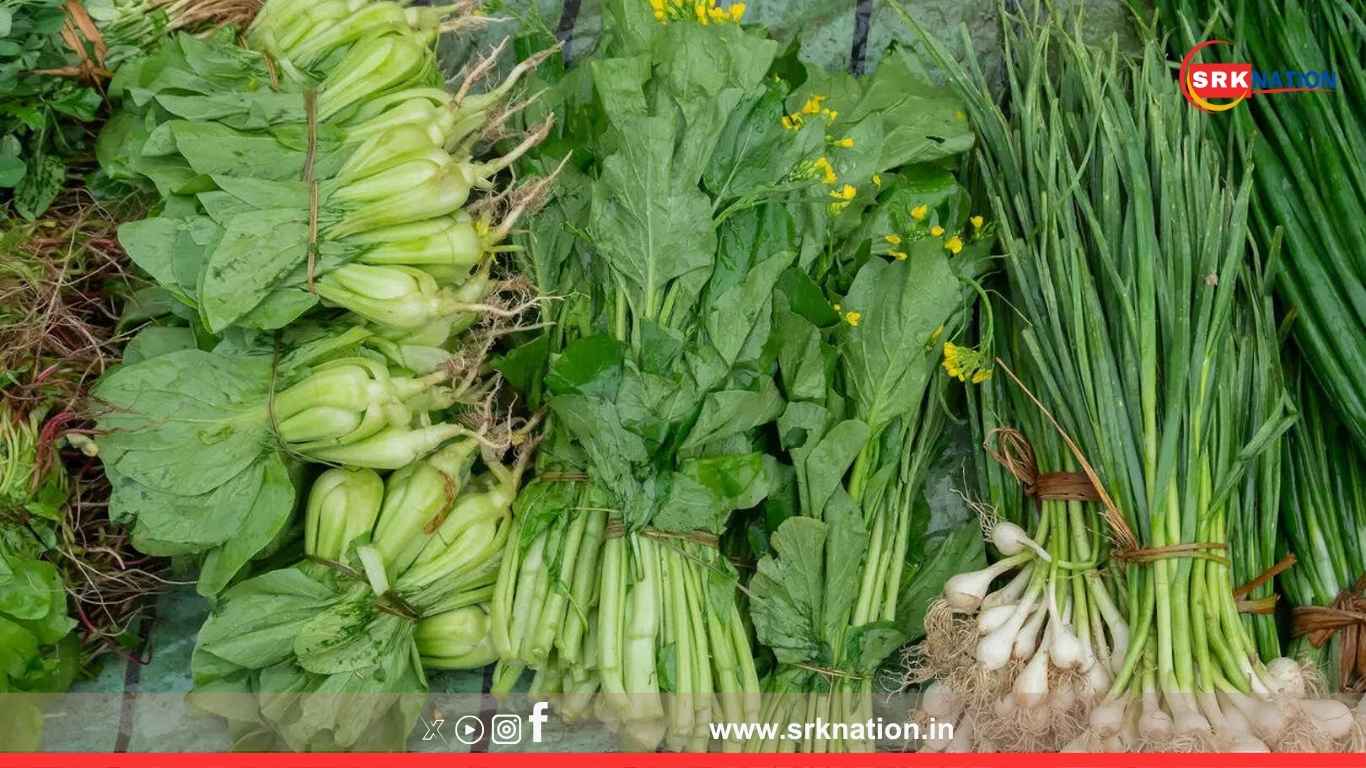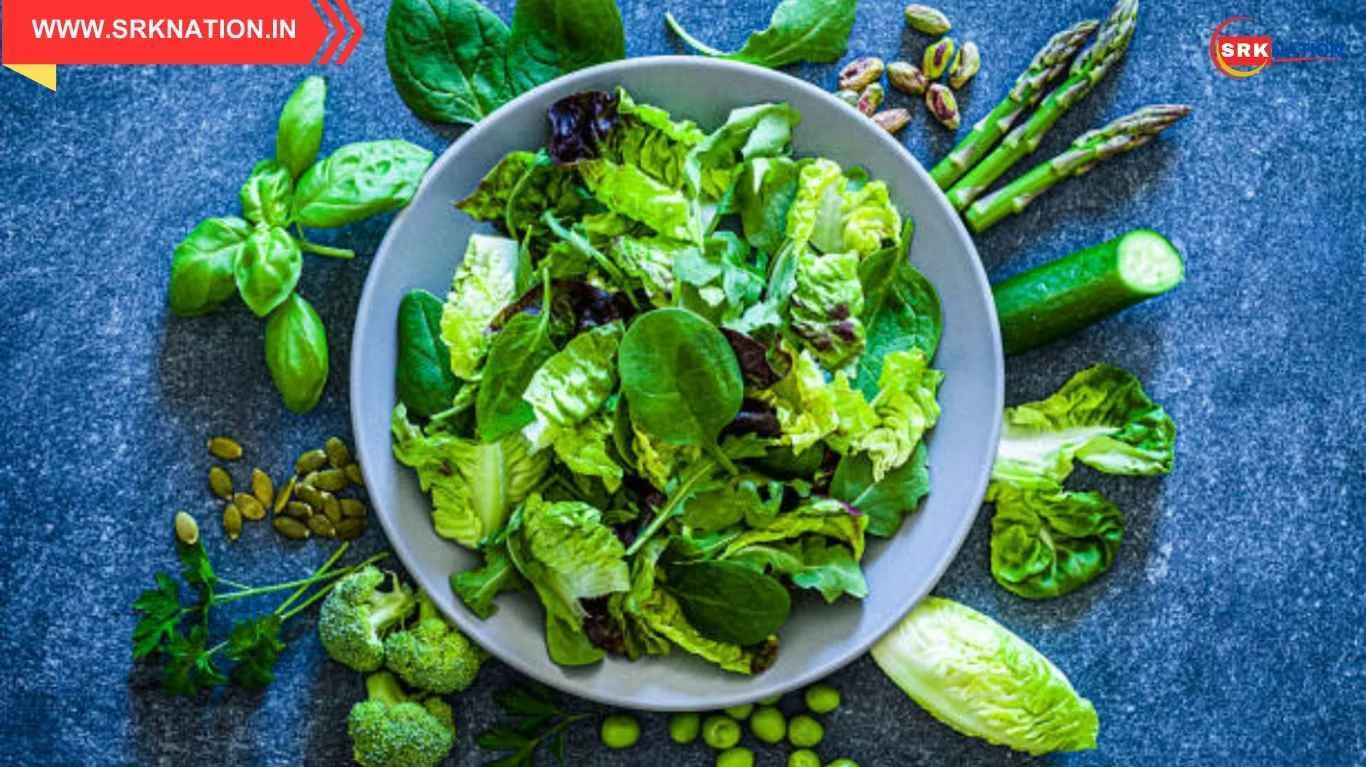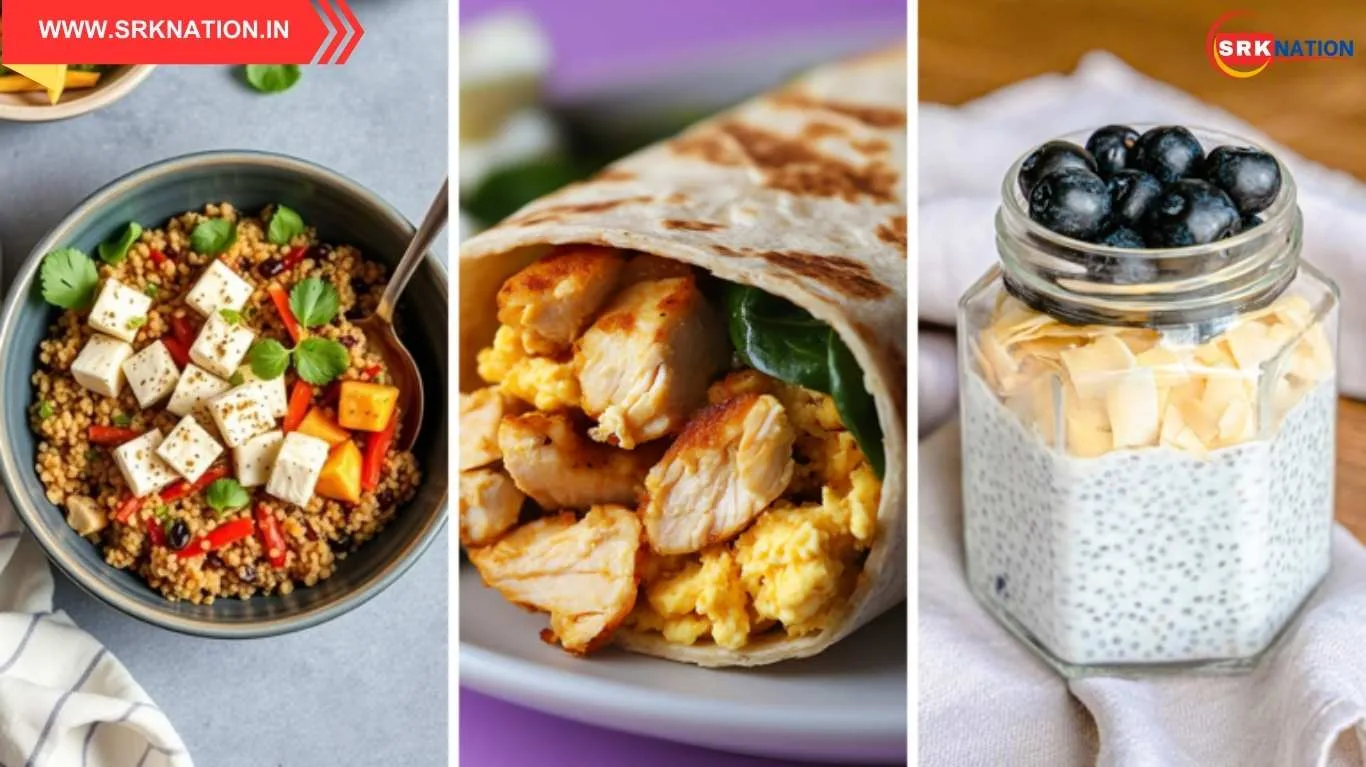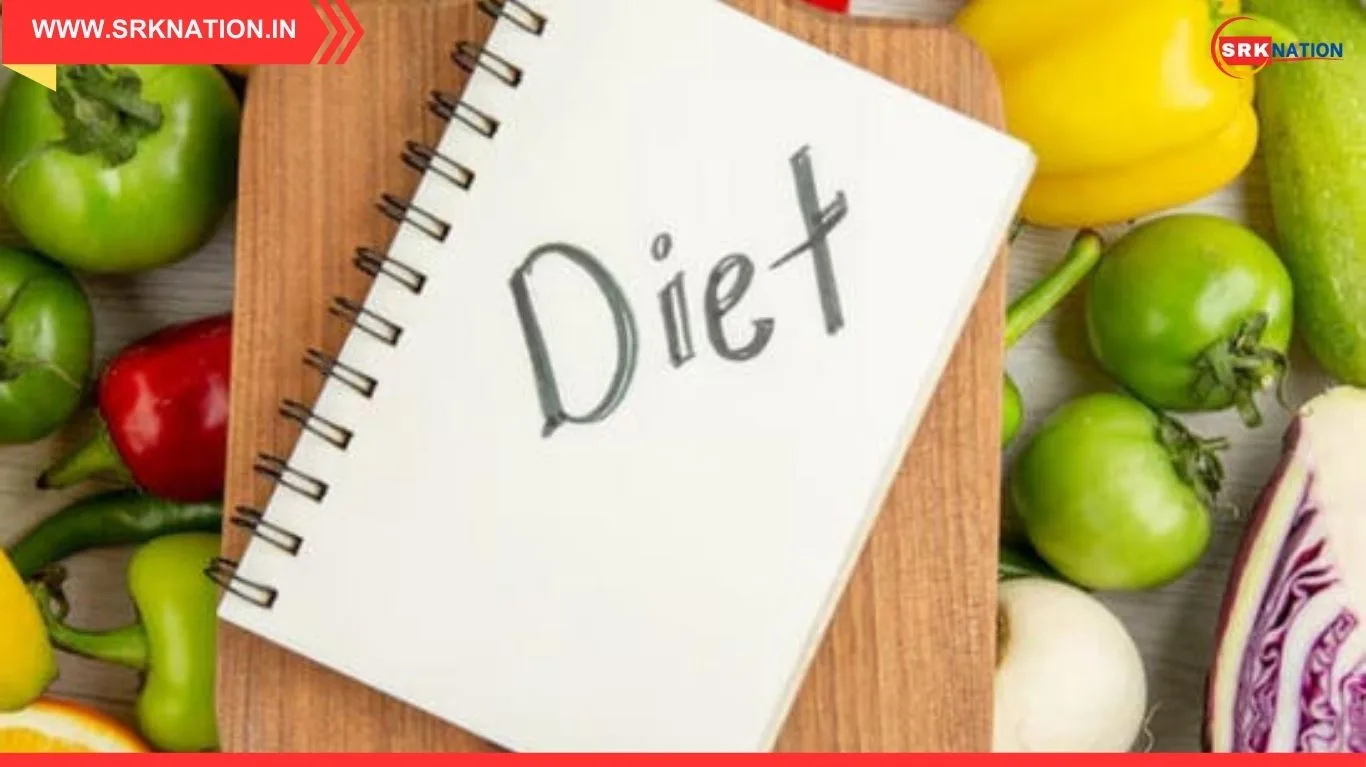The monsoon season brings relief from the scorching summer heat, but it also increases the risk of water-borne diseases, stomach infections, and weakened immunity due to high humidity and bacterial growth. Health experts advise being cautious with food choices to avoid falling sick during these months.
Here are six foods you must avoid in monsoon to keep your gut and overall health safe:
1. Leafy Vegetables
While leafy greens like spinach, cabbage, lettuce, and methi are rich in nutrients, they are prone to contamination during monsoon due to:
- Increased moisture, promoting bacterial and fungal growth.
- Soil-borne infections sticking to leaves despite washing.
- Risk of worms and larvae hidden in leaves.
What to do instead:
Opt for well-cooked greens instead of raw salads. Washing thoroughly in salted or potassium permanganate water helps reduce contamination, but cooking fully is safest during monsoon.
2. Raw Sprouts
Sprouts like moong, chana, and alfalfa are often consumed raw for their protein and fibre benefits. However, in monsoon:
- The humid environment promotes bacterial growth like E. coli and Salmonella.
- They can cause stomach infections, diarrhoea, or food poisoning if not cooked properly.
What to do instead:
Lightly steam or sauté sprouts before eating to kill potential pathogens while retaining nutrients.
3. Street Food and Chaats
As tempting as pani puri, bhel puri, and roadside chaat may be during the rainy season, avoid them because:
- Street vendors often use contaminated water for chutneys and pani.
- Exposure to rainwater, dust, and flies increases infection risks.
- Stagnant water near stalls becomes breeding ground for bacteria and mosquitoes.
What to do instead:
If cravings persist, prepare these items at home using filtered water and fresh ingredients under hygienic conditions.
4. Seafood
Monsoon is breeding season for fish and seafood, increasing the risk of:
- Water contamination, making fish more prone to infection and spoilage.
- Allergic reactions or stomach upsets due to stale seafood.
- Parasites and worms that are common in fish caught during rains.
What to do instead:
Avoid seafood during peak monsoon months (June-September) and switch to chicken or plant-based proteins for safer options.
5. Fried Foods
While pakoras and samosas are monsoon favourites, excessive consumption can:
- Slow down digestion due to high humidity and reduced metabolic rate in monsoon.
- Cause acidity, bloating, or heaviness.
- Increase cholesterol levels if consumed frequently with tea.
What to do instead:
Bake or air fry snacks for a healthier twist. Incorporate roasted or steamed snacks like corn, sweet potato, or sprouts chaat instead.
6. Cut Fruits from Outside Vendors
Pre-cut fruits sold by roadside vendors or stalls should be strictly avoided because:
- They are exposed to flies, dust, and polluted rainwater.
- Lack of proper hygiene during handling increases bacterial contamination risks.
- They can lead to typhoid, cholera, or stomach infections.
What to do instead:
Always wash whole fruits thoroughly at home before cutting and consume immediately to prevent bacterial growth.
Additional Monsoon Food Safety Tips
✔️ Drink only boiled, filtered, or packaged water.
✔️ Avoid excessive dairy products as they can curdle quickly in humid weather.
✔️ Wash all fruits and vegetables thoroughly in warm water before use.
✔️ Focus on freshly cooked, warm meals rather than cold or raw foods.
✔️ Maintain kitchen hygiene and store perishables properly to prevent fungal contamination.
Final Takeaway
The monsoon season demands extra caution with food hygiene to keep infections at bay. Avoiding these six risky foods and maintaining proper cleanliness can protect you from common monsoon ailments like diarrhoea, typhoid, stomach flu, and food poisoning, ensuring a healthy and energetic rainy season.
Disclaimer: This article is for general awareness. Consult your nutritionist or doctor for personalised dietary guidance, especially if you have pre-existing health conditions.











